Colonial contradictions before the First World War
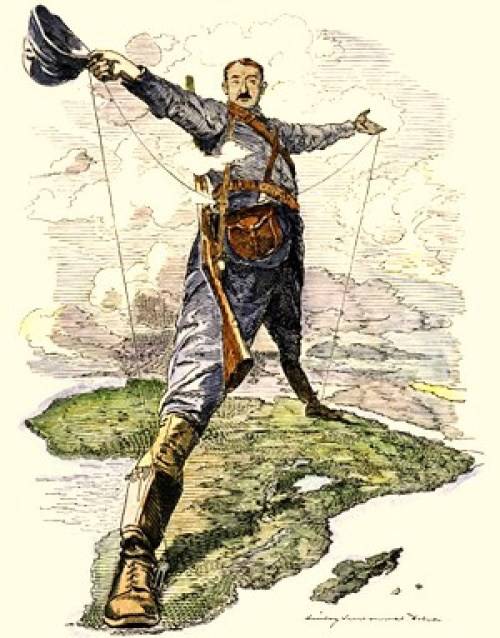
Germany, united in 1871 in the empire under the rule of William I, embarked on the creation of a colonial power. Leading German industrialists and financiers advanced a program of broad expansion: in 1884 – 1885. Germany established a protectorate over Cameroon, Togo, South-West Africa, territories in East Africa and part of the island of New Guinea.
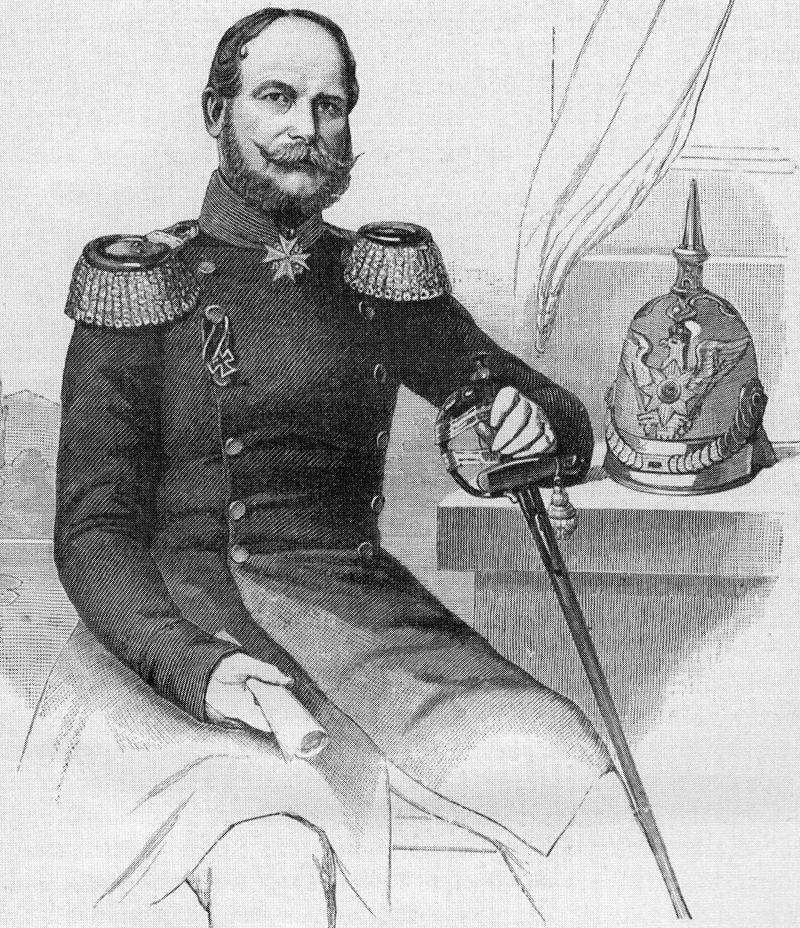
The entry of Germany on the path of colonial conquests led to an exacerbation of Anglo-German contradictions. To further implement its plans, the German government decided to create a powerful naval fleetwho could end British naval dominance. As a result, in 1898, the Reichstag approved the first bill on the construction of the Navy, and in 1900 a new bill was adopted, which provided for a significant strengthening of the German fleet. [1]
The German government continued to carry out its expansionist plans: in 1898, it captured China from Qingdao, turning a small settlement into a fortress, and in 1899 it acquired a number of islands in the Pacific Ocean from Spain. The attempts made by the UK to reach an agreement with Germany were unsuccessful due to the contradictions that grew between them. [2] These contradictions became even more aggravated by the provision of the Turkish government in 1899 after the visit of Emperor Wilhelm II to the Ottoman Empire and his meetings with the Sultan Abdulhamid II, German Bank of Concession for the construction of the main line of the Baghdad railway, which opened Germany a direct route through the Balkan Peninsula and Asia Minor to the Persian Gulf and both she had important positions in the Middle East, which threatened Britain’s sea and land communications with India.

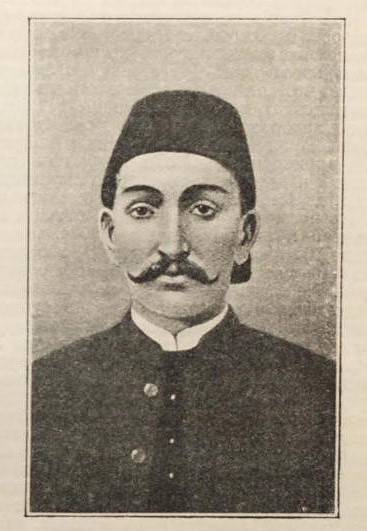
Back in 1882, in order to establish its hegemony in Europe, Germany initiated the creation of the so-called Triple Alliance - a military-political bloc of Austria-Hungary, Germany and Italy, directed primarily against Russia and France. After concluding an alliance with Austria-Hungary in 1879, Germany began to seek rapprochement with Italy in order to isolate France. [3] In the midst of a sharp conflict between Italy and France over Tunisia, Otto von Bismarck managed to persuade Rome to agree not only with Berlin , but also with Vienna, from whose hard domination the Lombardo-Venetian region was liberated as a result of the Austro-Italian-French war of the 1859 of the year and the Austro-Italian war of the 1866 of the year. [4]
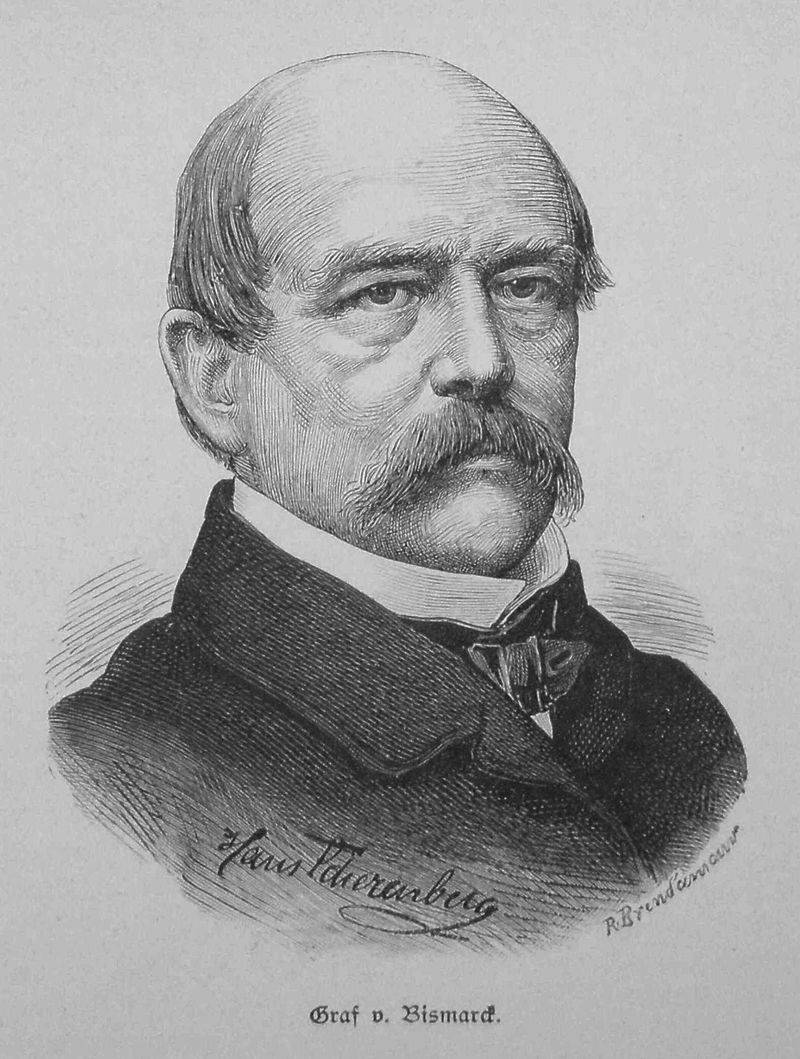
The contradictions between France and Germany were exacerbated by the latter’s claims to Morocco, which led to the so-called Moroccan crises of 1905 and 1911, which put these European countries on the brink of war. As a result of Germany’s actions, the cohesion of Great Britain and France only intensified, which was manifested, in particular, in 1906 at the Algeciras Conference. [5]
Germany tried to use the clash of interests of Great Britain and Russia in Persia, as well as the common differences of the Entente participants in the Balkans. In November 1910 in Potsdam Nicholas II and Wilhelm II personally conducted negotiations on issues relating to the Baghdad Railway and Persia. [6] The result of these negotiations was the Potsdam Agreement, signed in St. Petersburg in August 1911, according to which Russia assumed the obligation not to impede the construction of the Baghdad railway. Germany recognized North Persia as a sphere of Russian influence and made a commitment not to seek concessions on this territory. [7] However, in general, Germany did not succeed in separating Russia from the Entente.
As in other imperialist countries, the rise of nationalist sentiment was observed in Germany. The country's public opinion was prepared for the conduct of the war for the division of the world. [8]
Italy, fully united in 1870, did not remain aloof from the struggle for the colonies. Initially, the Italian expansion was sent to Northeast Africa: a part of Somalia was captured in 1889, and Eritrea was captured in 1890. Italian troops invaded Ethiopia in 1895, but were defeated by Adua in 1896. [9] In 1912, during the war with the Ottoman Empire, Italy captured Libya [10], later turning it into its colony. [11]
1900 also exchanged notes between Italy and France on the mutual recognition of the last Italian claims to Tripolitania and Cyrenaica, which were opposed by Austria-Hungary, and Italy by the French claims to Morocco. In 1902, a secret agreement was concluded between France and Italy’s Foreign Minister Barrere and Italian Foreign Minister Prineti in XNUMX, which provided for the mutual neutrality of France and Italy in the event that one of the parties was attacked or was called in defense, take the initiative to declare war.
Thus, despite the fact that Italy formally remained part of the Triple Alliance at the beginning of the First World War, colonial interests pushed its government headed by Antonio Salandra to join the Entente and join 1915 in the war on its side. [12]
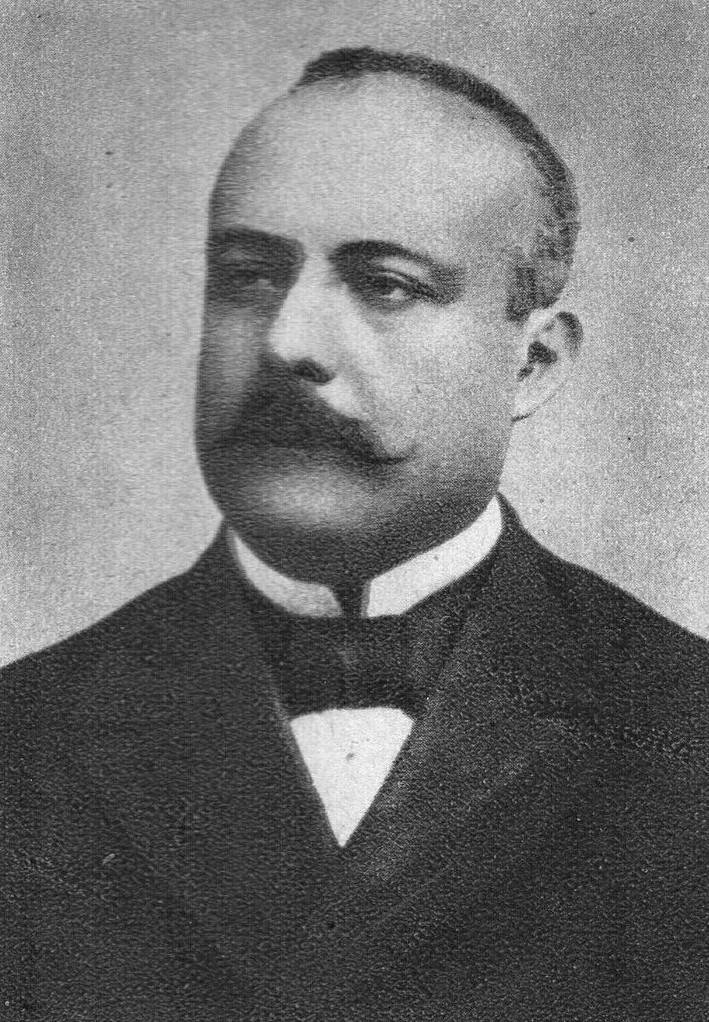
NOTES
[1] See: Tirpicz A. Memories. M., 1957.
[2] See: Erusalimsky A.S. Foreign policy and diplomacy of German imperialism in the late XIX century. M., 1951.
[3] Klyuchnikov, Yu.V., Sabanin, A.V. The international policy of modern times in the treaties, notes and declarations. CH 1. M., 1925, p. 241 – 242, 254 – 255, 267 – 268. Cm.: Skazkin S.D. The end of the Austro-Russian-German Union. M., 1974.
[4] Klyuchnikov, Yu.V., Sabanin, A.V., with. 241 – 242, 254 – 255, 267 – 268, 304 – 306. Cm.: Serova O.V. From the tripartite alliance to the Entente: Italian foreign policy and diplomacy in the late XIX - early XX century. M., 1983.
[5] New documents on the Alzheiras conference and 1906 loan // Red archive. T. 1 (44). 1931, p. 161 – 165; International Relations in 1870 – 1918's, p. 158 – 162. See: International Relations in the Age of Imperialism. Ser. 2, t. 18, h. 1 – 2. M. —L., 1938.
[6] History diplomacy. T. II. M., 1963, p. 698 – 703.
[7] Collection of treaties of Russia with other states. 1856 – 1917. M., 1952, p. 405 – 407.
[8] See: Bülow B. German politics. P., 1917; he is Memories. M. —L., 1935; German history in new and modern times. T. 1. M., 1970.
[9] See: Popov V.T. The rout of the Italians under Adua. M., 1938; Voblikov D.R. Ethiopia in the struggle to preserve independence. 1860 – 1960. M., 1961; Tsypkin G.V., Yagya V.S. The history of Ethiopia in the new and modern times. M., 1989; Berkeley G.-F.-H. The campaign of Adowa and the rise of Menelik, NY, 1969.
[10] Yegorin A.Z. The history of Libya. XX century. M., 1999, p. 35 – 39. Cm.: Yakhimovich Z.P. Italo-Turkish war 1911 – 1912 M., 1967.
[11] Yegorin A.Z., with. 92 – 96.
[12] Collection of treaties of Russia with other states. 1856 – 1917. M., 1952, p. 436 – 441. Cm.: Salandra A. Italy and the Great War. L., 1932.
Information